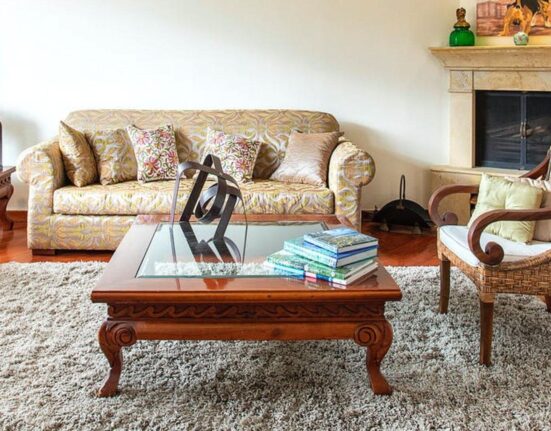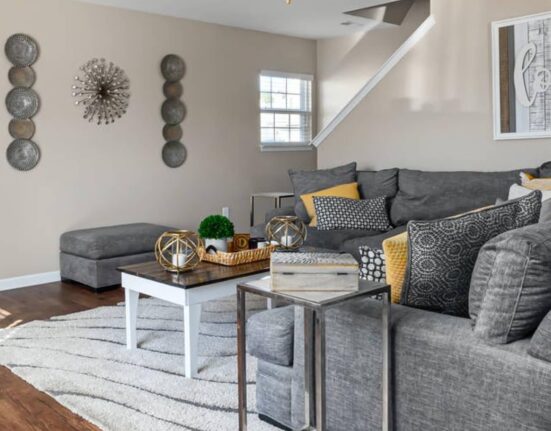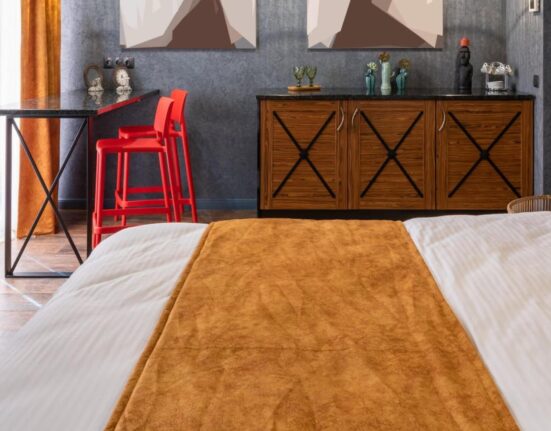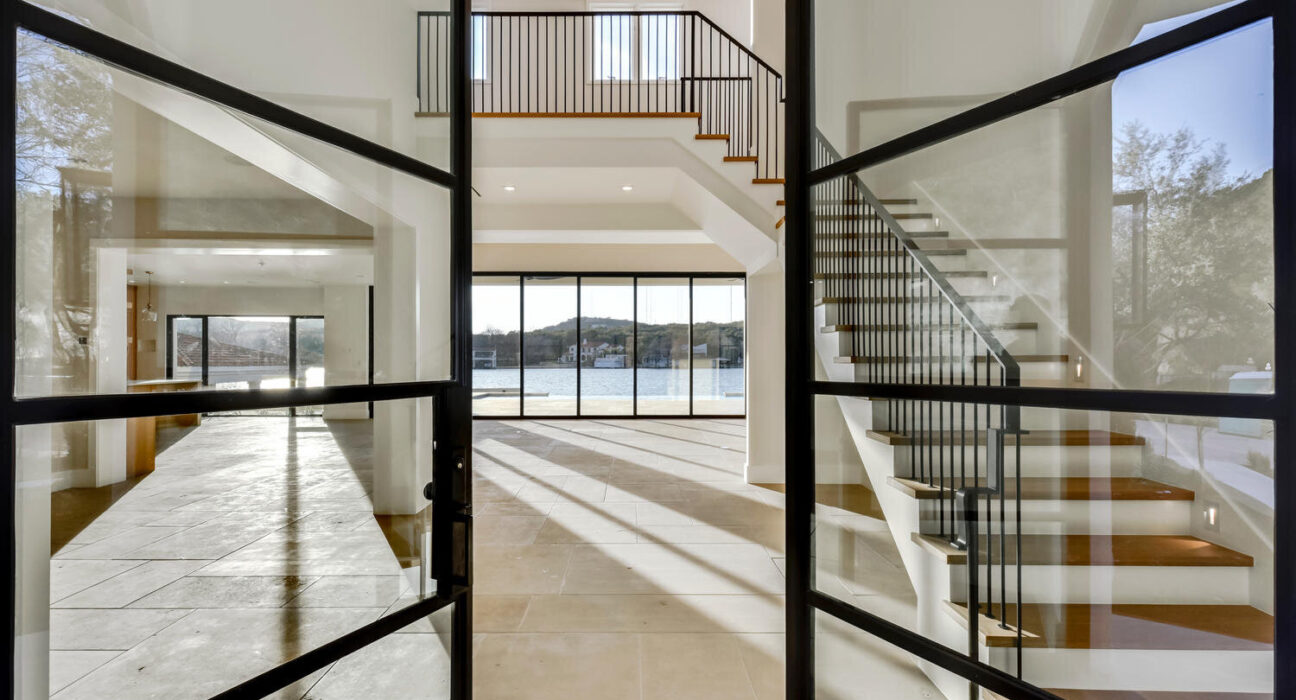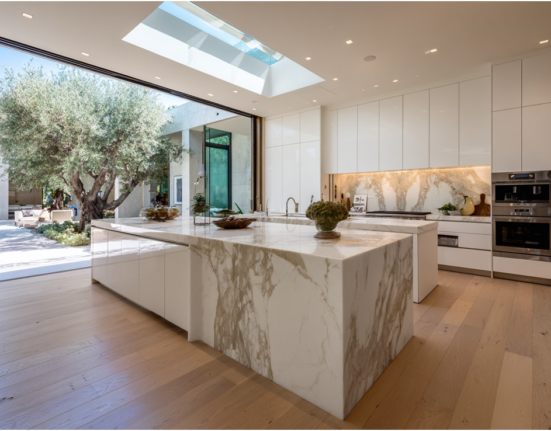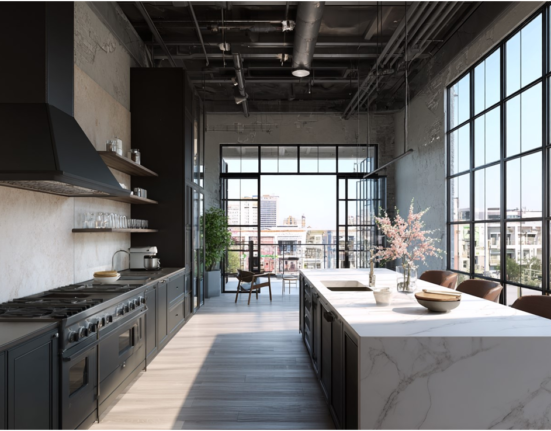When designing your new home, handrails might not be the first thing that comes to mind, but they play a crucial role in both safety and style. A well-chosen handrail can serve as a focal point in your home’s design while providing essential functionality. Whether you’re aiming for a sleek, modern look or a more traditional vibe, there are many ways to incorporate handrails into your space. Here are some fresh ideas to help you think differently about handrails in your new home.
1. Mixing Materials for a Unique Look
One of the best ways to add visual interest to your handrails is by mixing materials. Combining wood, metal, or glass can create a striking design that complements various interior styles. For example, pairing a wooden railing with sleek metal balusters can bring warmth to a modern or industrial-inspired home. Alternatively, incorporating glass panels alongside a metal or wooden handrail can give your staircase a light, airy feel, perfect for maximizing space and natural light.
2. Going Minimalist with Clean Lines
For those who love a modern, minimalist aesthetic, clean lines and simple designs are the way to go. Consider opting for metal handrails with sharp, geometric shapes that align with a streamlined decor. A popular choice for minimalist designs is pipe handrails, which provide a sleek, industrial look while maintaining functionality. This style works particularly well in lofts or open-concept homes, blending seamlessly with modern architecture.
3. Adding Ornamental Touches
For a more traditional or vintage-inspired home, handrails with ornamental details can add charm and character to your space. Wrought iron handrails with decorative patterns, scrolls, or twists can turn an ordinary staircase into a centerpiece. These handrails bring an air of sophistication and can elevate the entire aesthetic of a classic interior. When choosing ornamental handrails, consider matching them with other decorative elements in the home, such as lighting fixtures or furniture, to create a cohesive look.
4. Maximizing Transparency with Glass Handrails
Glass handrails are perfect for creating an open, transparent feel in your home. These handrails are particularly useful in spaces where you want to preserve sightlines or enhance natural light, such as staircases near windows or balconies overlooking scenic views. The sleek, minimalist appearance of glass handrails adds a modern touch without overwhelming the space, making them ideal for contemporary homes.
5. Incorporating Handrails as Art
Handrails can also serve as a piece of art within your home. Custom-designed handrails, whether they’re made from metal, wood, or another material, can bring a sense of craftsmanship and uniqueness to your space. Bold colors, unusual shapes, or intricate carvings can turn a functional element into a statement piece, adding personality to an otherwise neutral interior.
Types of Handrails
There are various types of handrails to choose from, each offering a different aesthetic and functionality. The type of handrail you select can significantly impact the overall look of your home. Here are some popular types of handrails to consider:
- Wall-Mounted Handrails
Wall-mounted handrails are directly attached to the wall and provide a clean, minimalist look. They are ideal for staircases with limited space or for homeowners who want to keep their design simple and unobtrusive. Wall-mounted handrails can be made from a variety of materials such as metal, wood, or even glass. - Banister Handrails
Banister handrails are the traditional type, attached to a series of balusters or spindles. These handrails are perfect for adding both style and safety to a staircase. Banister handrails can be designed in both classic and contemporary styles, depending on the materials and shapes you choose. - Cable Handrails
A modern option, cable handrails use tensioned stainless steel cables between posts, providing a sleek, almost transparent look. They’re great for maintaining views from decks, balconies, or staircases, and work particularly well in homes with an industrial or minimalist design aesthetic. - Pipe Handrails
Pipe handrails offer an industrial, modern appearance and are becoming increasingly popular for both indoor and outdoor spaces. These handrails are simple yet strong, making them ideal for homes with a contemporary or industrial theme. They’re also highly durable and easy to install, providing both style and practicality.
Materials for Handrails The material you choose for your handrails will have a major influence on the style, durability, and maintenance requirements. Here’s a look at some of the most popular materials for handrails:- Wood
Wood is a classic material that brings warmth and a natural feel to your home. It’s highly versatile, available in a variety of finishes and stains, and can suit both traditional and contemporary designs. However, wood handrails require regular maintenance to prevent wear, especially if exposed to moisture.Metal
Metal handrails, such as steel, aluminum, or wrought iron, offer durability and a sleek, modern appearance. Steel handrails, for instance, are ideal for minimalist homes, while wrought iron handrails can add an elegant, decorative touch. Metal is highly resistant to wear and requires less maintenance than wood, making it a long-lasting choice.Glass
Glass handrails are a perfect choice for those who want an open and airy feel. They are often used in modern or contemporary homes, providing transparency and maximizing light flow. While elegant, glass handrails require regular cleaning to keep them looking pristine.Cable
Cable handrails, typically made from stainless steel, are a modern, sleek option that provides safety without obstructing views. This makes them a popular choice for outdoor decks and balconies, as well as in homes with minimalist or industrial designs. Cable handrails are low-maintenance and resistant to the elements, making them a great long-term option.
- Wood
You may also read
best interior designer Ft. Lauderdale



